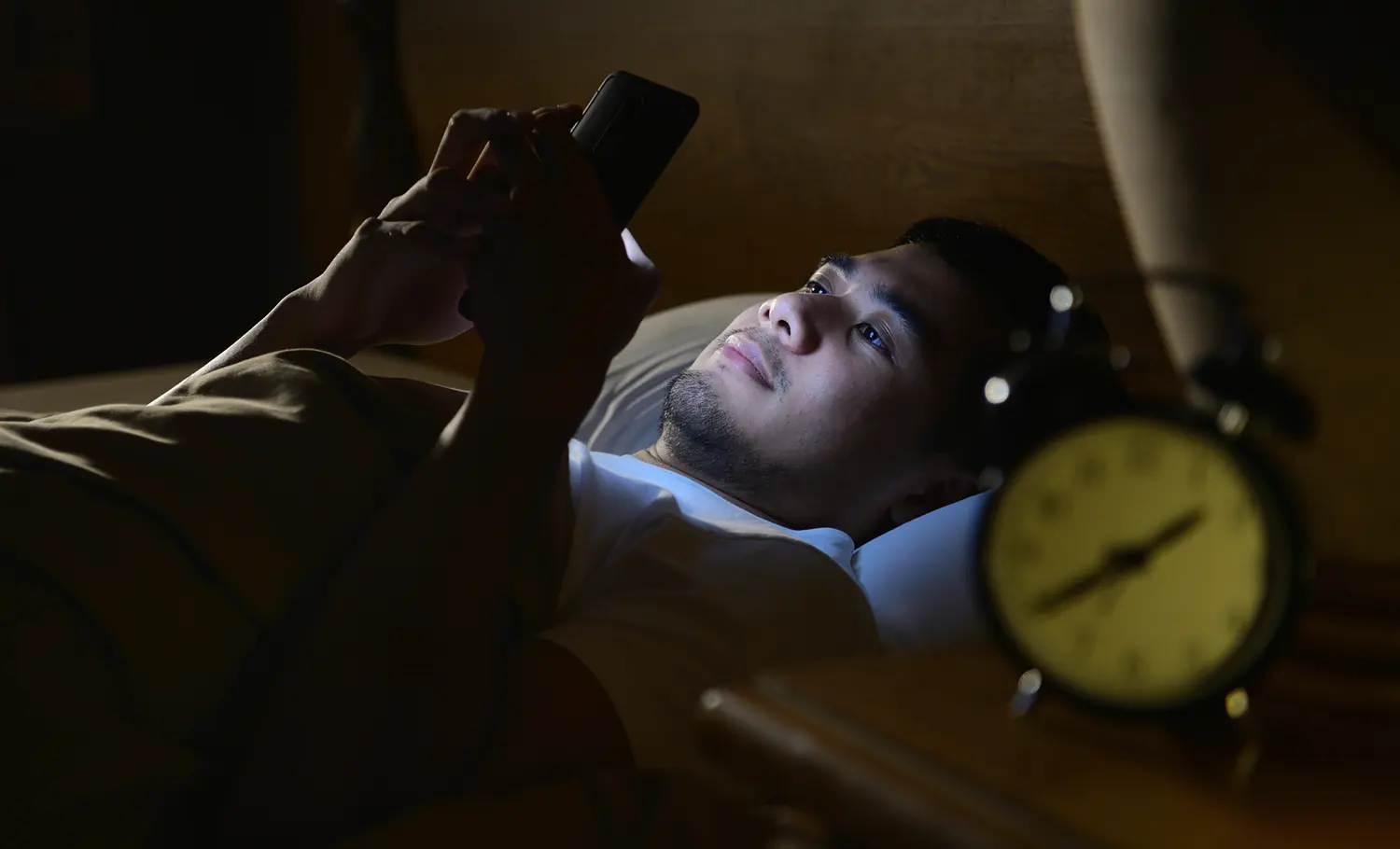Twice a year, we all adjust our clocks to follow daylight saving time. While it may only seem like an hour, the change can be tough on your body. However, with a few small steps, you can make the transition easier and get back to feeling your best. Here at Holston Medical Group, we’re committed to being your Health Partner for Life, helping you adjust to daylight saving time!
1. Start Adjusting Early
Changing your bedtime all at once can make you feel extra tired. To help your body adjust, try shifting your bedtime by just 10-15 minutes each night a few days before the time change. This way, your body will ease into the new schedule slowly, making it less of a shock.
2. Soak Up Some Sunlight
Sunlight is nature’s way of waking us up! Try to spend some time outside in the morning. Natural light helps reset your internal clock and can make you feel more alert during the day. A short walk, even for 10 minutes, can make a big difference

3. Go Easy on Yourself
The first week after daylight saving time can be a little tricky, so don’t feel bad if you’re more tired than usual. If possible, avoid scheduling anything that requires intense focus or energy until you’re fully adjusted. Remember, being kind to yourself is part of good health.
4. Stay Consistent
Keeping a steady routine helps your body adjust faster. Aim to go to bed, wake up, eat, and exercise at the same times each day. Consistency sends signals to your body, helping it know when it’s time to be awake and when it’s time to rest.
5. Limit Caffeine and Alcohol
Caffeine and alcohol can both interfere with sleep quality. Try to avoid caffeine after lunchtime and skip alcohol in the evening. Both can make it harder to fall asleep and stay asleep, which can throw off your new schedule.
6. Wind Down Before Bed
Create a calming bedtime routine. Taking a warm bath, reading, or meditating can help relax your mind and body. A calm routine helps signal to your body that it’s time to sleep, making it easier to drift off peacefully.

7. Avoid Screens Before Bed
TVs, phones, and computers give off blue light, which can make it harder to fall asleep. Try to turn off screens at least an hour before bedtime. If you need some evening entertainment, pick up a book or listen to relaxing music.
8. Time Your Meals
Eating too close to bedtime can make it harder to get quality sleep. Aim to finish dinner at least 2-3 hours before you plan to go to bed. This gives your body time to digest, making sleep more restful.
9. Get Moving During the Day
Regular exercise can help improve your sleep quality. Even a short walk or gentle stretching during the day can make a difference. Just try to avoid intense exercise close to bedtime, as it can make you feel more awake.


